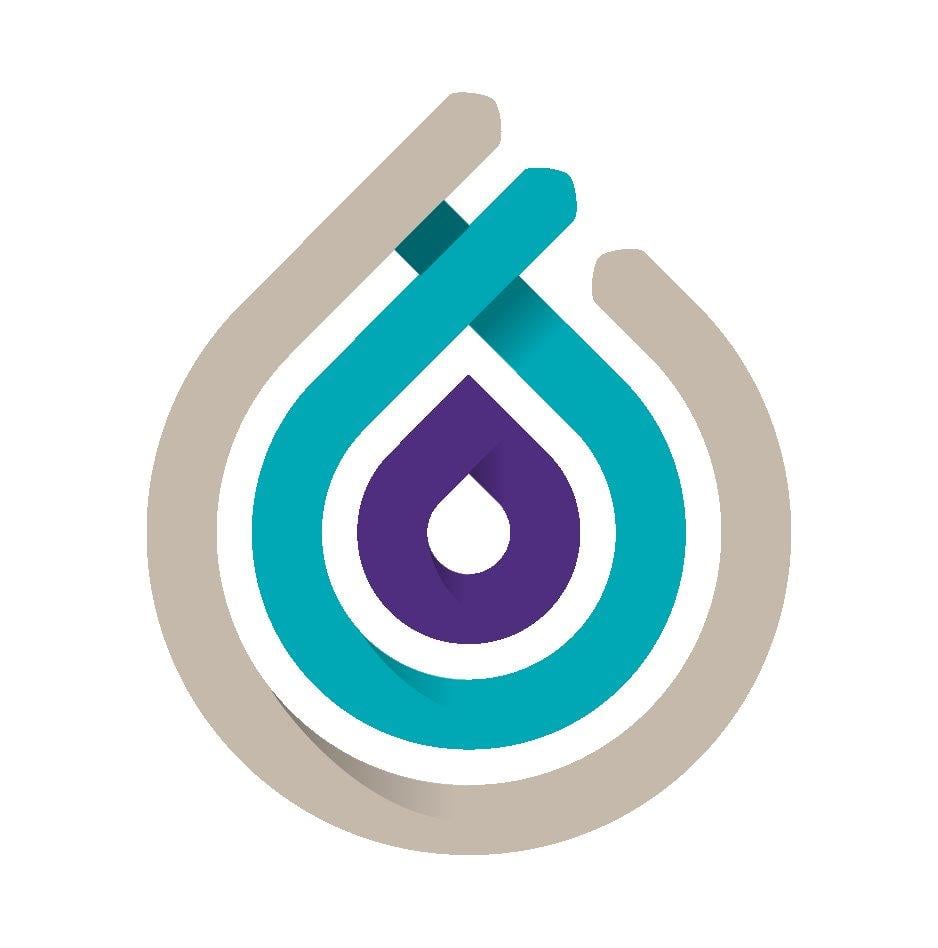-
Business Risk Service
Organisations must understand and manage risk and seek an appropriate balance between risk and opportunities.
-
Transaction Advisory, M& A, Business Consultancy
Transaction Advisory, M& A, Business Consultancy
-
IT Advisory
IT Advisory
-
Business Process Solutions
Business Process Solutions
-
Managing the VAT Audit
Managing the VAT Audit
-
Transfer Pricing
Global transfer pricing is all about understanding your business and the value drivers of your industry in an ever-changing environment.
IFRS 17 Insurance Contracts for the Middle East
Is it too early for insurance companies in the Middle East to begin their preparations for IFRS 17?
Globally, many insurance companies have already started preparing for IFRS 17 Insurance Contracts, the new IFRS accounting standard, which is effective for periods beginning on or after 1 January 2021.
IFRS 17 Insurance Contracts is a complex standard that will impact all insurance companies to varying degrees. To be able to determine specifically how each insurance company will be affected, an impact assessment should be performed on a case-by-case basis, as opposed to a one-size-fits-all application. 2018 and 2019 is the preferable time for insurance companies in the Middle East to consider how IFRS 17 will directly impact their business.
IFRS 17 introduces changes to accounting and financial reporting, as is expected with adoption of a new accounting standard. There are notable modifications in the aggregation of balances in the statement of financial position and the statement of financial performance. Consequently, primary statement line items will be different under IFRS 17 when compared to IFRS 4 Insurance Contracts, the current insurance accounting standard.
The calculation methods for the measurement of contract liabilities and insurance revenue are revised under IFRS 17. Both now incorporate the time value of money, which will have a greater bearing on long tail insurance contracts as opposed to short tail. There is also additional disclosure requirements in the notes of the financial statements under IFRS 17.
But the ramifications of IFRS 17 for insurance companies will be further reaching than merely the accounting and finance functions. IFRS 17 will also have direct repercussions on the actuarial function. In addition, IFRS 17 might result in an essential alteration of a company’s operations (e.g. data warehousing, policies and procedures), its IT function, and its strategy.
IFRS 17 stipulates that it is to be applied retrospectively and comparatives restated in the year of transition. For many insurers, there will be the additional pressure of adopting IFRS 9 simultaneously. Hence, converting from IFRS 4 to IFRS 17 will require careful consideration.
Therefore, it is recommended that insurance companies in GCC countries assess the implementation of IFRS 17 at the earliest available opportunity to ensure a smooth transition to the new accounting standard.
About the Author

Niall McAuliffe
Partner
Grant Thornton Abdulaal
E niall.mcauliffe@bh.gt.com
